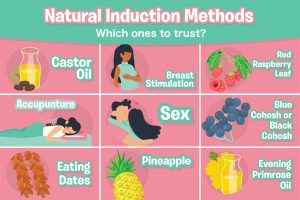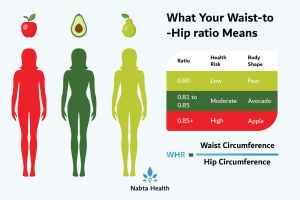How to Spot Signs of Hearing Loss in Your Child

Have you ever wondered if your baby or young child can hear you? In the United States, 2-3 out of every 1,000 infants are born with a hearing deficit, according to the National Institutes of Health. Hearing loss in an infant or young child can lead to delays in speech, language, and social skills. The earlier these problems are detected, the sooner your baby can get the help he or she needs.
In the United States, newborns undergo a mandatory universal hearing screen prior to discharge from the hospital, whether they have risk factors for hearing loss or not. However, many parents are lulled into a false sense of security because their infant passed the hearing screen at birth. In reality, infants and children can develop hearing loss after birth for a variety of reasons. Reasons include:
- Chronic ear infections or middle ear fluid
- Congenital CMV infection (can lead to hearing loss down the road)
- Meningitis
- Head trauma
- Chemotherapy drugs
- Structural malformations of the inner ear
- Genetic disorders
Also, mild hearing deficits at birth may not be picked up on the universal hearing screen test. However, some mild hearing problems present at birth may quickly worsen after the infant is discharged from the hospital.
So what are the signs to look for in a baby or child who has a hearing deficit? Babies who have difficulty hearing may not:
- Startle at loud noises.
- Turn their head toward a sound (after the age of six months).
- Calm at the sound of a familiar voice.
- Smile when spoken to.
- Repeat sounds they hear.
- Use their voice to gain attention.
- Respond when their name is called (after the age of six months).
- Meet speech milestones (no or limited babbling).
Signs in toddlers and young children include:
- Frequent inattention
- Turning the TV or music up too loud
- Limited speech or speech that is hard to understand
- Difficulty learning
If you have a concern about your infant or child’s hearing, talk to your pediatrician right away about a referral to an audiologist. The good news is that a majority of hearing problems can be treated if caught early, ideally by the age of 3 months.
Studies have shown that infants who undergo treatment for their hearing deficit by the age of 6 months have social and emotional development compared to their physical development. They were also found to score significantly higher in language skills than infants who were diagnosed after the age of 6 months.
Sources:
- Boys Town National Research Hospital
- Beyond Newborn Hearing Screening.
Centers for Disease Control and Prevention - Hearing Loss in Children.
National Institutes of Health - Newborn Hearing Screening.
Powered by Bundoo®










